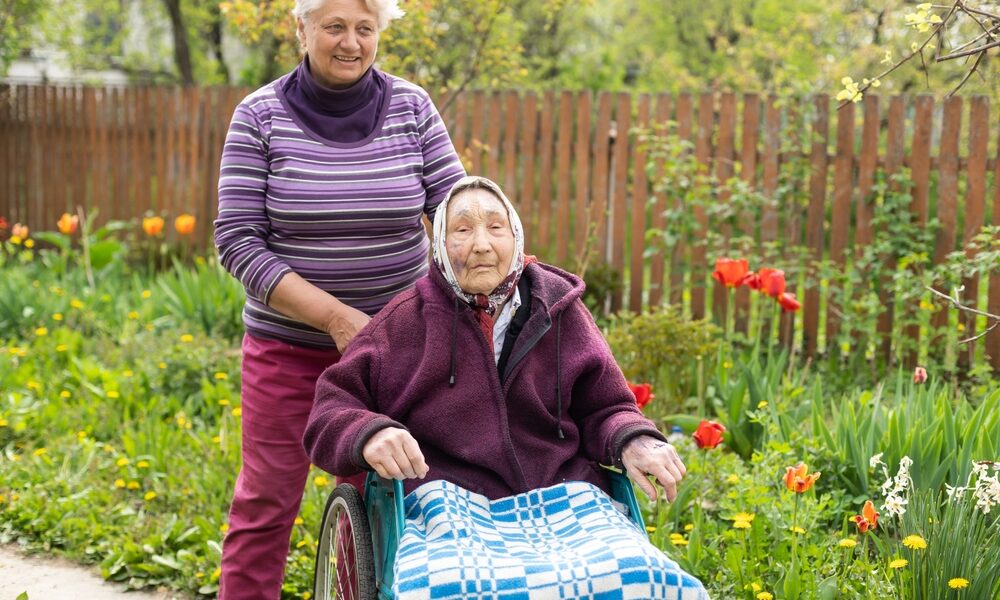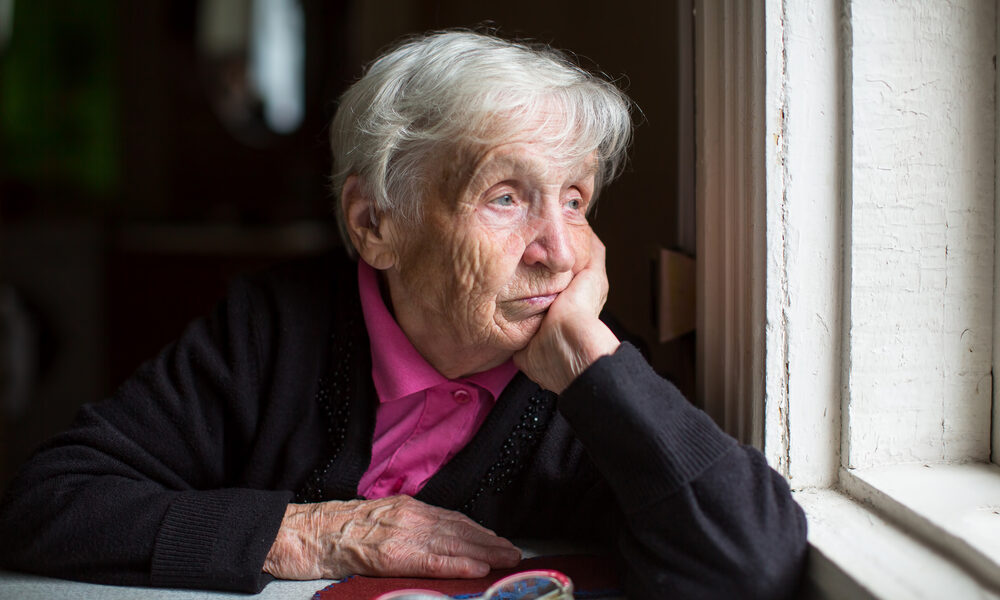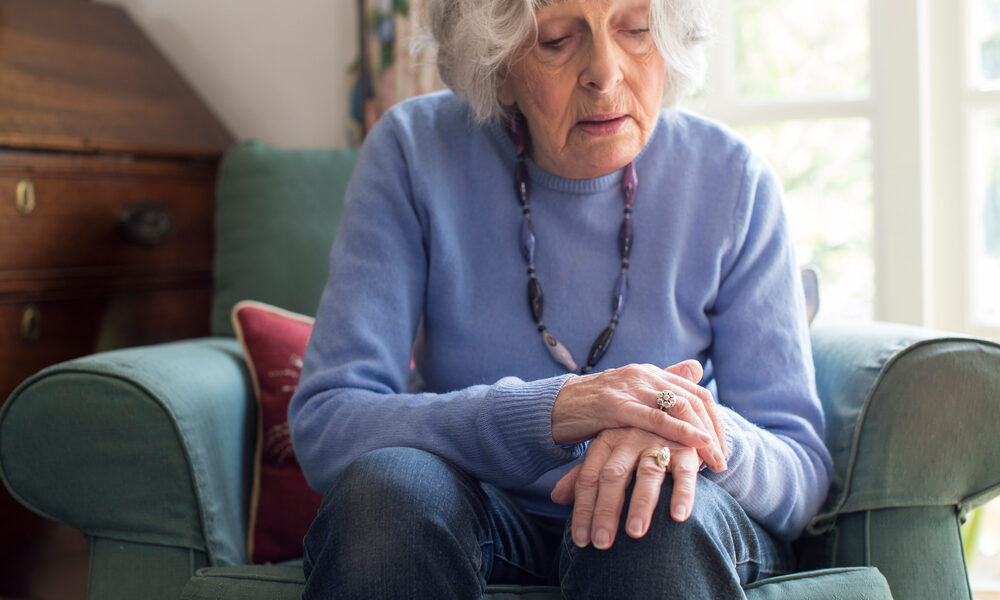News & Blog
Dementia Caregiver Tips: Keeping Family Members Safe at Home
If your loved one has been diagnosed with Alzheimer’s disease or another form of dementia, safety around the home becomes a primary concern. Adapting the home to fit your loved one’s needs helps them stay safe and comfortable. If you’re a dementia caregiver, it’s important to research dementia care tips and take preventative measures in the home to help avoid
8 Activities for Alzheimer’s Patients to Try With Your Loved One
For those living with dementia and Alzheimer’s, a life without mental and physical stimulation produces feelings of boredom, anxiety, and even depression. Keeping your family member active and engaged is one of the most important aspects of caregiving. The right activities stir memories, foster emotional connections, encourage self-expression, and boost the self-esteem of those with dementia. Looking for activities to
How Is Alzheimer’s Disease Diagnosed?
Whether or not your loved one has Alzheimer’s disease, you have probably wondered, “How is Alzheimer’s diagnosed?“ Before diagnosing, a doctor runs several tests to ensure that Alzheimer’s is affecting your loved one. Do you suspect that a family member is showing symptoms of Alzheimer’s but don’t know what to look for? There are several signs you should familiarize yourself
7 Causes of Dementia & Ways to Reduce Your Risk
Do you have a loved one who received a dementia diagnosis? You may wonder what causes dementia and the risk level you are at. While there are no definitive causes of dementia, researchers constantly look for new connections. What is known about dementia is that it can alter a list of functions and behaviors our loved ones exhibit. Top Causes
How to Help a Parent With Dementia Who Refuses Help
4 Benefits of Performing Horticultural Therapy for Dementia
Sundowning Symptoms, Risk Factors & Ways to Respond
What Is Sundowning? Individuals with Alzheimer’s disease and other types of dementia can encounter a variety of symptoms at night such as anxiety, insomnia, bewilderment, irritation, and disorientation. This group of symptoms is referred to as Sundowning Syndrome in the healthcare industry. To help you care for a family member with dementia, we have compiled a list of symptoms and
Top 2 Risk Factors For Vascular Dementia
Do you suspect your loved one may have some form of dementia? Vascular dementia, a mild to severe decline in cognition, is linked to the body’s cardiovascular system. It is triggered by decreased or blocked blood flow to the brain. Without this essential circulation, the body is depleted of the oxygen and nutrients necessary for proper functioning. The symptoms of
7 Skills You Need to Become a Dementia Caregiver
Although a large number of the tasks a caregiver performs for a client on a daily basis are straightforward, not everyone is cut out for the profession. In addition to being prepared for medical emergencies that fall outside the scope of a 9 to 5 schedule, an effective caregiver will also possess a specific set of qualities and characteristics. To
12 Signs of Parkinson’s Dementia
Are you in the process of navigating what it means to have Parkinson’s disease or dementia? Whether you’re the child of, caretaker of, or are someone living with Parkinson’s dementia, one thing is always true—the best way to identify or treat this disease is to understand it. The signs of Parkinson’s disease are related to cognitive deterioration. This means that






